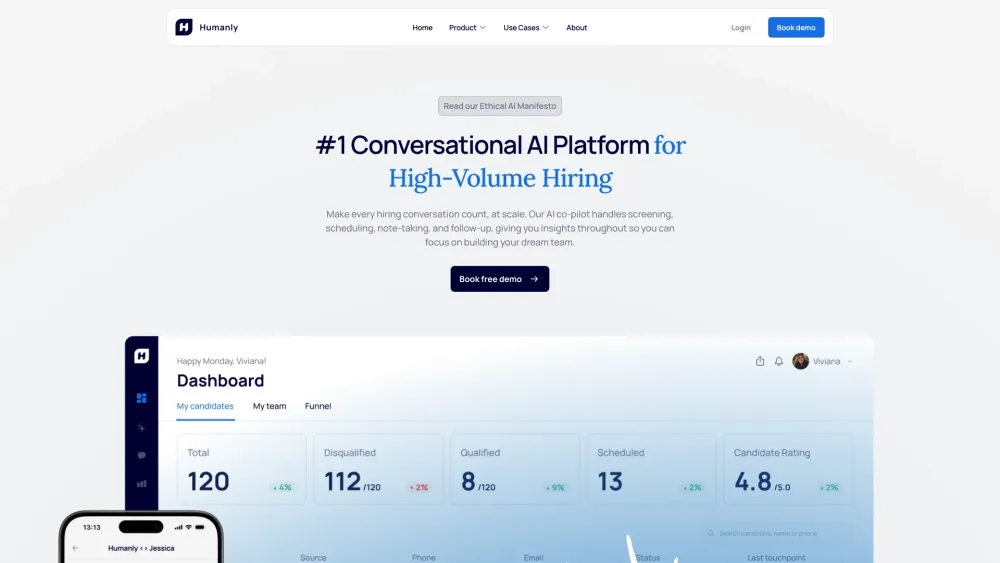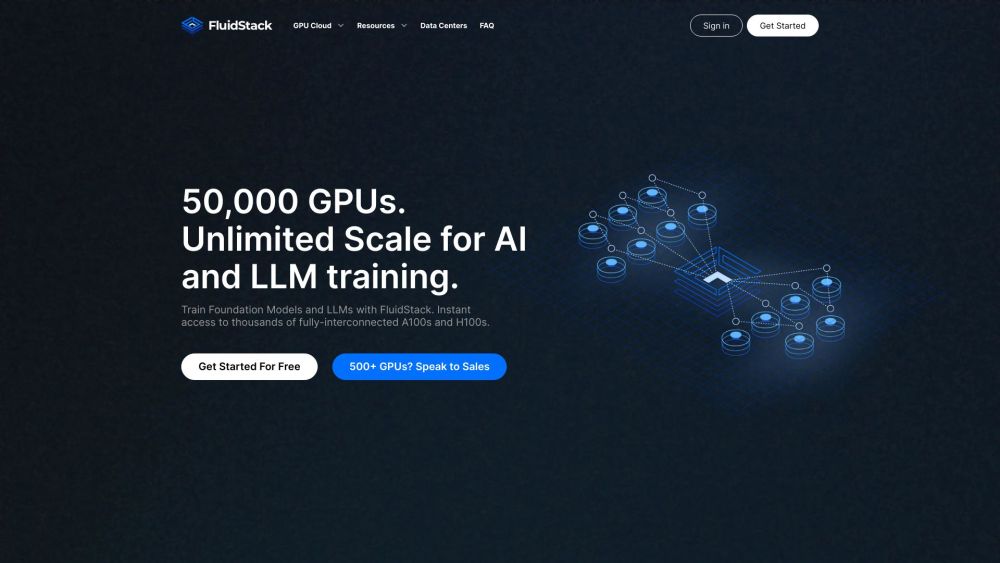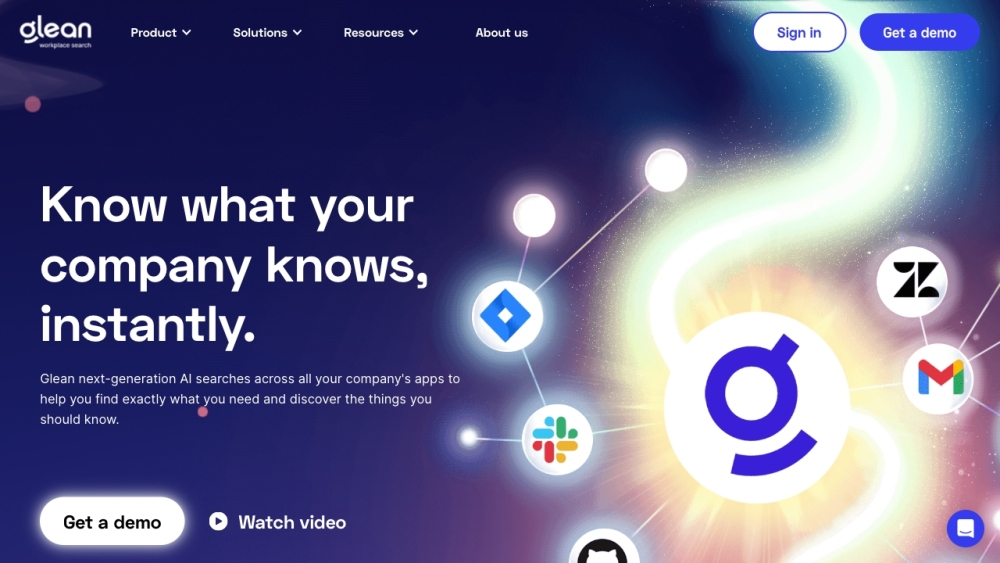We are on the brink of a fourth AI winter, as confidence wanes regarding AI’s ability to deliver sufficient tangible value to justify its costs.
Recent articles from Goldman Sachs and other research institutions highlight this trend, but there is still an opportunity to prevent the next AI winter. The solution has been in front of us for years.
Are You Ready for AI Agents? There’s Something Missing
In most scientific fields, significant breakthroughs occur in laboratories before being handed off to engineers to create practical applications. For instance, when chemical researchers discover a new adhesive, the finding is passed to chemical engineers who develop products based on that discovery. Similarly, advancements in mechanical physics transition to mechanical engineers for practical implementation.
However, in AI, there is no distinct field dedicated to applied artificial intelligence. Consequently, organizations often hire data scientists—trained to make theoretical breakthroughs—who then attempt to engineer real-world solutions. This disconnect has led to a staggering failure rate of 87% for AI projects.
Introducing Engineered Intelligence
"Engineered intelligence" (or "intelligence engineering") is an emerging discipline focusing on the practical application of AI research through engineering principles. This discipline allows domain experts, scientists, and engineers to develop intelligent solutions without the need to become data scientists.
Leading organizations are beginning to recreate effective research-to-engineering pipelines by forging partnerships with academia and technology vendors. This shift ensures that AI research is translated into actionable engineered solutions, similar to how chemical research informs chemical engineering.
The Outcome?
Breakthrough applications that generate real value and demonstrate real-world effectiveness, providing solutions that data scientists or technology vendors might overlook based on data alone.
5 Steps to Introduce Intelligence Engineering in Your Organization
Expertise is the backbone of intelligence engineering, manifesting as practical skills acquired through experience. While theory can enhance skills, true expertise requires hands-on practice. Assuming your organization possesses existing experts, here are five practical steps to implement intelligence engineering, distinguishing it from traditional AI approaches:
Traditional AI Implementation (Which Contributes to the 87% Failure Rate):
1. Compile a list of problems.
2. Examine your data.
3. Identify potential use cases.
4. Evaluate the use cases for ROI, feasibility, cost, and timeline.
5. Select a subset of use cases for execution.
Intelligence Engineering Implementation:
1. Create a heatmap of expertise across existing processes.
2. Assess the organization’s most valuable expertise and identify areas of abundance or scarcity.
3. Choose the top five valuable and scarce expertise areas.
4. Analyze these areas for ROI, feasibility, cost, and timeline to engineer intelligent solutions.
5. Select a subset of high-value cases for execution.
Engineering a New Wave of Value with AI
Once intelligence engineering is integrated into your organization, the developed solutions can be applied beyond existing expertise to explore new opportunities for creating safe, practical value across the organization and its ecosystem.
As organizations, industries, and educational institutions establish engineered intelligence initiatives, the economic and societal potential of AI can be fully realized, leading to new job creation and a wave of value generation.
Brian Evergreen is the author of "Autonomous Transformation: Creating a More Human Future in the Era of Artificial Intelligence." Kence Anderson is the author of "Designing Autonomous AI."
Data Decision Makers
DataDecisionMakers offers a platform for experts, including those engaged in data-related work, to share insights and innovations. Join us for cutting-edge ideas, best practices, and discussions on the future of data technology. Consider contributing your own article!




